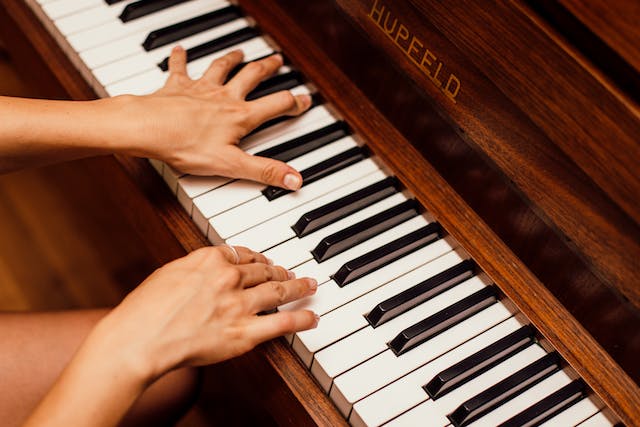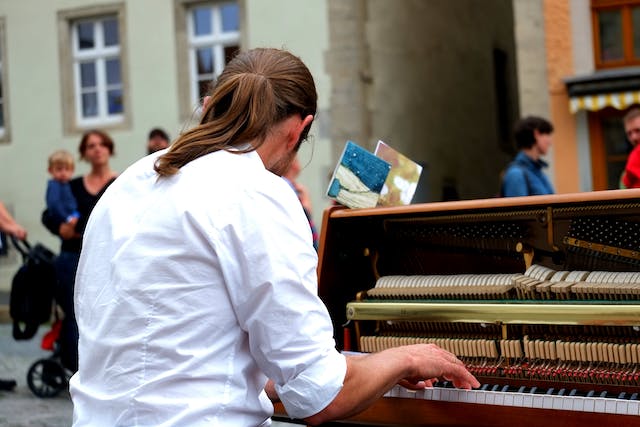Pianos, often revered as timeless instruments, embody a unique synthesis of artistry and engineering. Their mellifluous tones can captivate audiences and inspire musicians. However, beneath the surface of their polished exteriors, pianos are intricate mechanisms that require careful attention and maintenance. The importance of piano repairs extends beyond mere preservation; it is an essential element in unlocking and sustaining the instrument’s full potential.
piano repairs brisbane play a pivotal role in maintaining the instrument’s tonal integrity. Over time, the strings, hammers, and other components undergo wear and tear due to regular use. This can result in a gradual deterioration of sound quality, with notes becoming uneven, muted, or producing unwanted overtones. Timely repairs, including the replacement of worn parts and adjustments to the internal mechanisms, are imperative to ensure that the piano continues to deliver a rich and balanced sound. Neglecting these issues can lead to a diminished playing experience, robbing musicians of the full expressive range that a well-maintained piano can offer.

Beyond the auditory experience, the tactile aspect of playing a piano is equally crucial. The touch and responsiveness of the keys directly influence a pianist’s ability to convey nuance and emotion in their performance. Wear in the action components, such as the action felt and key bushings, can result in a sluggish or uneven response. Skilled piano technicians, through precise repairs and regulation, can restore the instrument’s touch to its optimal state. This not only enhances the playing experience for the musician but also facilitates a more profound connection between the artist and the instrument.
One of the most visible and symbolic aspects of a piano is its external appearance. A well-maintained piano is not just a functional instrument; it is a piece of craftsmanship and art. Scratches, dents, or fading finishes can detract from the piano’s aesthetic appeal and diminish its overall value. Professional piano repairs extend beyond the mechanical components to address cosmetic issues, ensuring that the instrument remains a source of visual delight. This becomes particularly relevant for vintage or heirloom pianos, where preserving the instrument’s original beauty becomes a matter of cultural and sentimental importance.

The structural stability of a piano is a foundational concern that underscores the need for regular inspections and repairs. Changes in humidity, temperature fluctuations, or even the simple passage of time can impact the integrity of the instrument’s structure. Issues such as warping, cracking, or loose joints can compromise the piano’s stability and, consequently, its ability to hold proper tuning. Skilled piano technicians possess the expertise to identify and rectify structural issues, thereby safeguarding the longevity and reliability of the instrument.
For pianos in educational institutions, concert halls, or recording studios, the need for regular maintenance and repairs is particularly acute. These venues often subject pianos to intense and frequent use, accelerating the rate of wear on critical components. Regular inspections and proactive repairs not only ensure the longevity of the instruments but also contribute to the overall quality of musical performances. In the realm of professional music, where precision and excellence are paramount, the role of piano repairs becomes an indispensable part of the artistic process.





